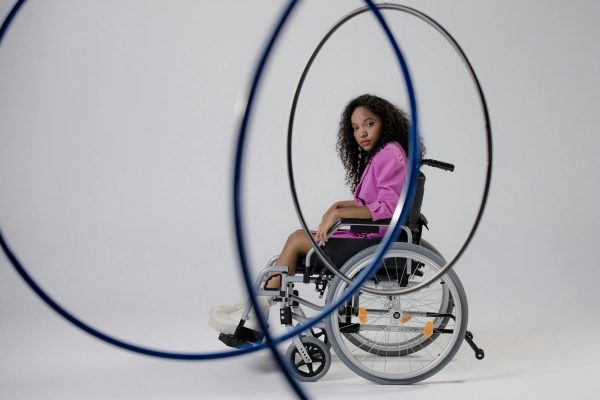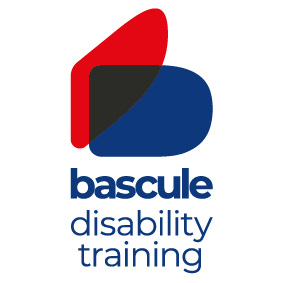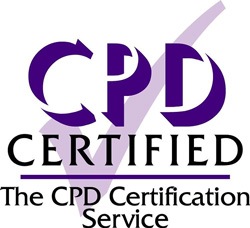Should we ask? Should we assume? Or just become more aware?

If you’re someone with a visible disability- you will almost certainly have a story or two about those moments when a stranger has approached you with an intrusive, inappropriate, offensive or just plain stupid question.
It can happen on the street, in a restaurant, on a train- anywhere really, and sadly, it’s part of having a disability. Of course, for most people, they aren’t being intentionally rude or derogatory- it’s about curiosity. Why they feel entitled to know the details about a stranger’s personal life, I do not know - but it happens a lot more often than you would expect.
Which is why, when I saw the Government’s new campaign launched recently, I and many others, saw nothing but a green light for more questions from more over-curious people with no understanding of etiquette or privacy.
The campaign is called #AskDontAssume and encourages people to do exactly that and has been met with great criticism by disability groups, charities, and people with disabilities.
Many have already called for a change to the title and hashtag asking the Government to completely rethink the message. TV presenter Sophie Morgan took to X- (formerly Twitter)- to reverse the message suggesting the Government rename it to #AssumeDontAsk and said: “My thoughts on the new #AskDontAssume Campaign. Please, don’t #ask. We will let you know if we need you for anything. Otherwise, you can #assume we are just fine. Thanks.”
Why is asking considered by some to be problematic?
Personally, I have no problem being asked questions about my disability as I have made the decision to make disability awareness my profession, however, not everybody wants to answer these questions, particularly if the disability was acquired as a result of a traumatic illness or injury. If those born with their disabilities might just not want strangers trying to delve into their personal lives.
So, should we not ask and assume?
When giving something like this consideration, it’s always important to keep a balanced view. Of course, people with disabilities aren’t suggesting that we should never speak about the topic and that discussion around our disability should be avoided. This leads to fear and ignorance, and without some openness the public becomes less aware of disability. After all, ignorance around disability is why 67% of the population feel awkward when talking to people with disabilities.
Instead, we must understand that asking a question about something so personal after knowing someone for 30 seconds whilst waiting in a bus queue- is simply poor etiquette.
As someone that provides disability awareness training, I’m often approached with questions around etiquette- as this is an area that we have a module on. Quite often, the answers are simple:
Would it be appropriate to ask a similar thing to someone without a disability?
Would you feel comfortable asking someone you didn’t know why they haven’t got a wedding ring on? Would it be appropriate to tell them that you feel it’s sad they aren’t married, or offer them pity? Would you ask them about their sexual function or how active their sex life is?
Or- in terms of making assumptions- Would you assume someone needs help and just take their shopping bags out of their hands without asking at the supermarket? No. Pushing a person’s wheelchair whilst assuming they need your help is exactly the same.
My point is, that rather than creating a hashtag or message around whether we can or can’t ‘ask’- or ‘assume’, we should educate ourselves- and simply become more aware of disability as a whole. Then our empathy, understanding and consideration will mean fewer people make those faux pas, and communication will become less awkward.
A good example of this awkwardness popped up on social media in the comments related to the Ask Don’t Assume campaign. Someone genuinely asked: ‘after seeing a man in a wheelchair struggle for some time with a shop door, would it have been okay to have asked him if he needed help?’
What we really want to avoid is a world where we have stopped asking each other if we need help through a fear that we might be doing something wrong.
Being more understanding, empathetic, and knowledgeable about disability will mean we will have the confidence to use our own judgement –the same way you would when wondering if a non-disabled person needs help.
As with so many things, context is king. If you want to understand more about the lives of people with disabilities or want to know what to say (and not say!) get some awareness training for a user led provider like Bascule, I pride myself in creating a safe space where people can ask questions of me about disabilities without any judgement or consequences. There are many environments such as training, where it is appropriate to ask such questions but, in the pub, whilst someone in a wheelchair is nursing a quiet pint, isn’t one.
I spend a lot of time in schools, providing awareness days where I explain to children, that regardless of whether you have, or don’t have a disability- ‘we are all the same’- a message many adults in the world can still learn from.
Chris Jay, Managing Director – Bascule Disability Training



